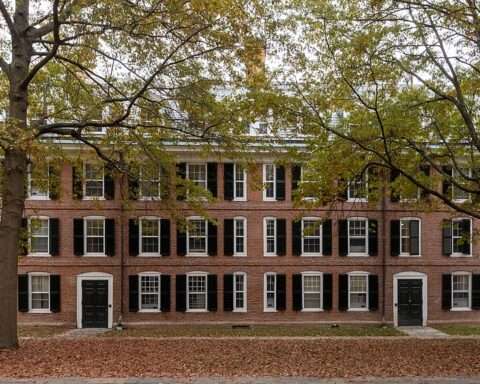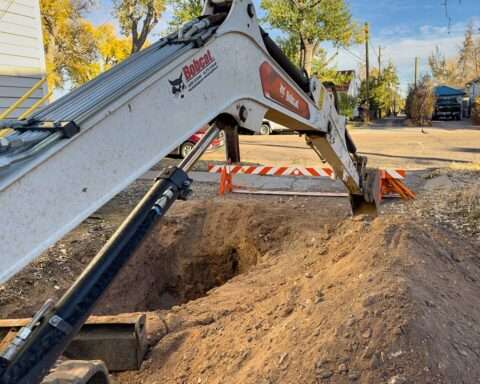The federal government is doubling down on its efforts to help communities rid their water systems of millions of miles of lead piping that can leach harmful contaminants into drinking water.
The U.S. Environmental Protection Agency recently announced it will partner with 200 underserved communities nationwide to help identify and remove lead service lines through its new Get the Lead Out (GLO) initiative.
The GLO builds on EPA’s “Lead Service Line Replacement Accelerators” initiative that was announced in January. Partners in that program, which is supporting 40 communities, include the Department of Labor, Connecticut, Pennsylvania, New Jersey and Wisconsin.
An estimated 9.2 million lead pipes provide drinking water to homes across the United States. Most are found in older homes.
“This means they disproportionately impact families with the fewest resources to remove them,” EPA Assistant Administrator for Water Radhika Fox said. “That’s why this new initiative is so critical – it will provide the kind of assistance that’s needed to accelerate the removal of lead where it’s needed most.”
The project is funded through the $50 billion Bipartisan Infrastructure Law in partnership with the Department of Labor. Through the law, $15 billion is dedicated to removing lead water lines from service.
The newly announced program is seeking community participation. GLO will work by helping communities identify lines, develop replacement plans and apply for funding to get the lead out.
Communities interested in GLO resources can request assistance through the EPA’s WaterTA website.
EPA will work with communities to get the lead out by supporting the development of:
- Lead Service Line (LSL) Inventories that meet the 2021 Lead and Copper Rule Revisions requirements deadline. LSL Inventories are necessary to fully identify a community’s funding needs, the EPA said.
- Community engagement plans that invite community input, provide educational resources and meaningfully engage affected community members while identifying and replacing LSLs.
- LSL replacement plans to provide each municipality a roadmap for 100% identification and full replacement of all LSLs, including public and private portions.
- State revolving fund applications to help communities fund their service line replacement. Each recipient of this technical assistance will receive a customized plan to facilitate their work with the state.
Discussion about lead service lines and the dangers associated with them have been trending and have been a recent EPA action item.
The EPA in October issued a mandate requiring public water systems to find and replace old, corroded pipelines that can make water unsafe to drink. The mandate is part of the agency’s Lead and Copper Rules Revisions (LCRR), which details parameters for lead sampling. If lead levels are higher than the EPA’s standards, water systems must correct the problem.
Cities recently receiving funding through the EPA include Chicago, which was awarded $330 million this month to replace approximately 30,000 pipes that deliver water to homes.
The loan, announced Nov. 3, is part of the EPA’s Water Infrastructure Finance and Innovation Act (WIFIA) program. Established in 2014, the program offers low-cost flexible loans to help governments, partnerships and corporations pay for water-related infrastructure projects.
Chicago will receive $112 million per year over the next three years to help pay for replacing lead pipes, estimated to cost nearly $1.5 billion. The city will prioritize replacing water supply pipes that serve single-family homes and small multi-unit buildings when a leak or break in a lead pipe is found.












